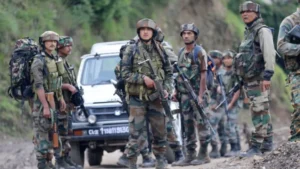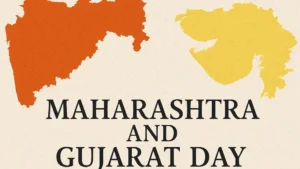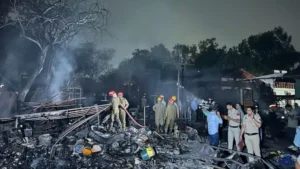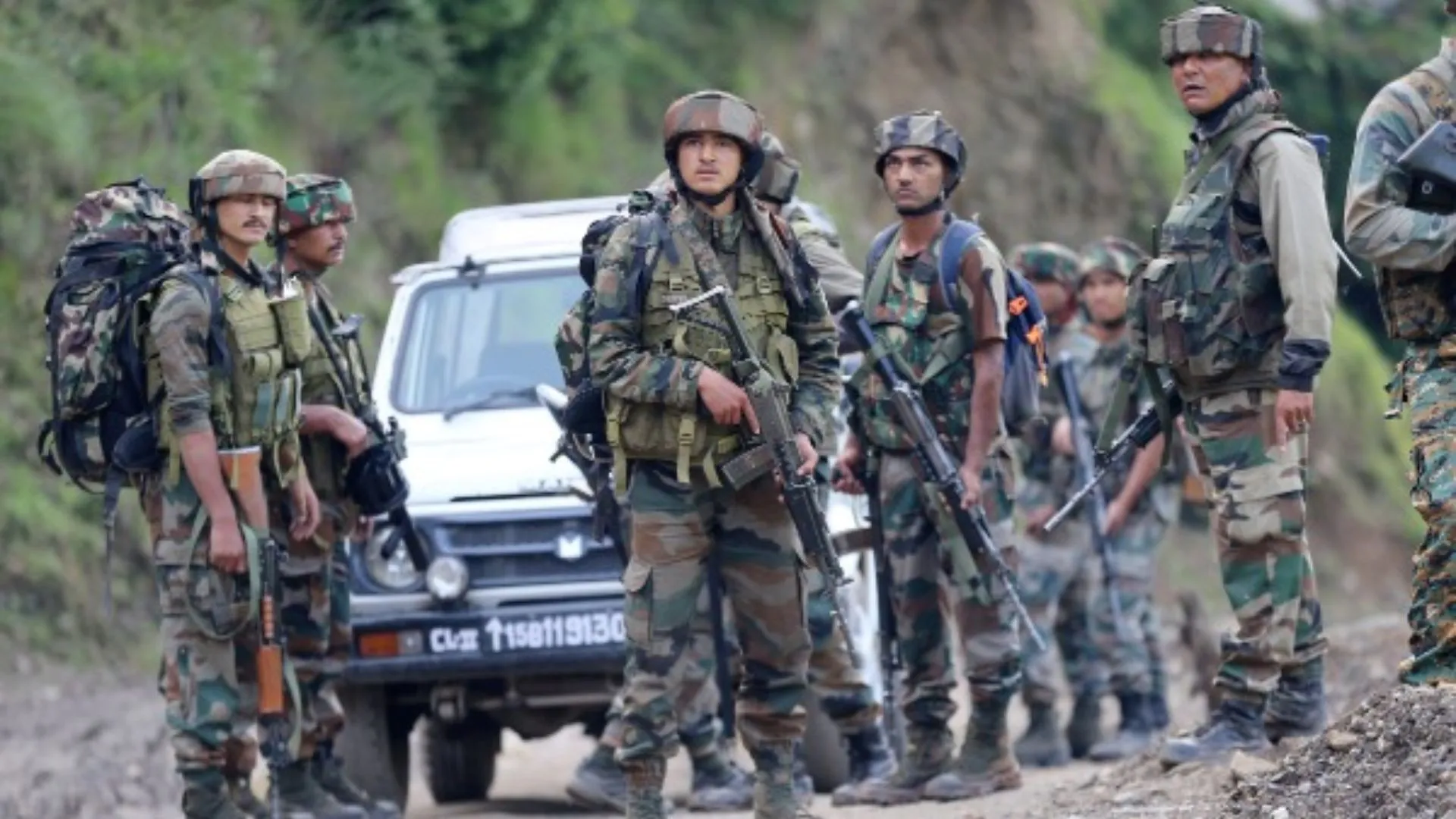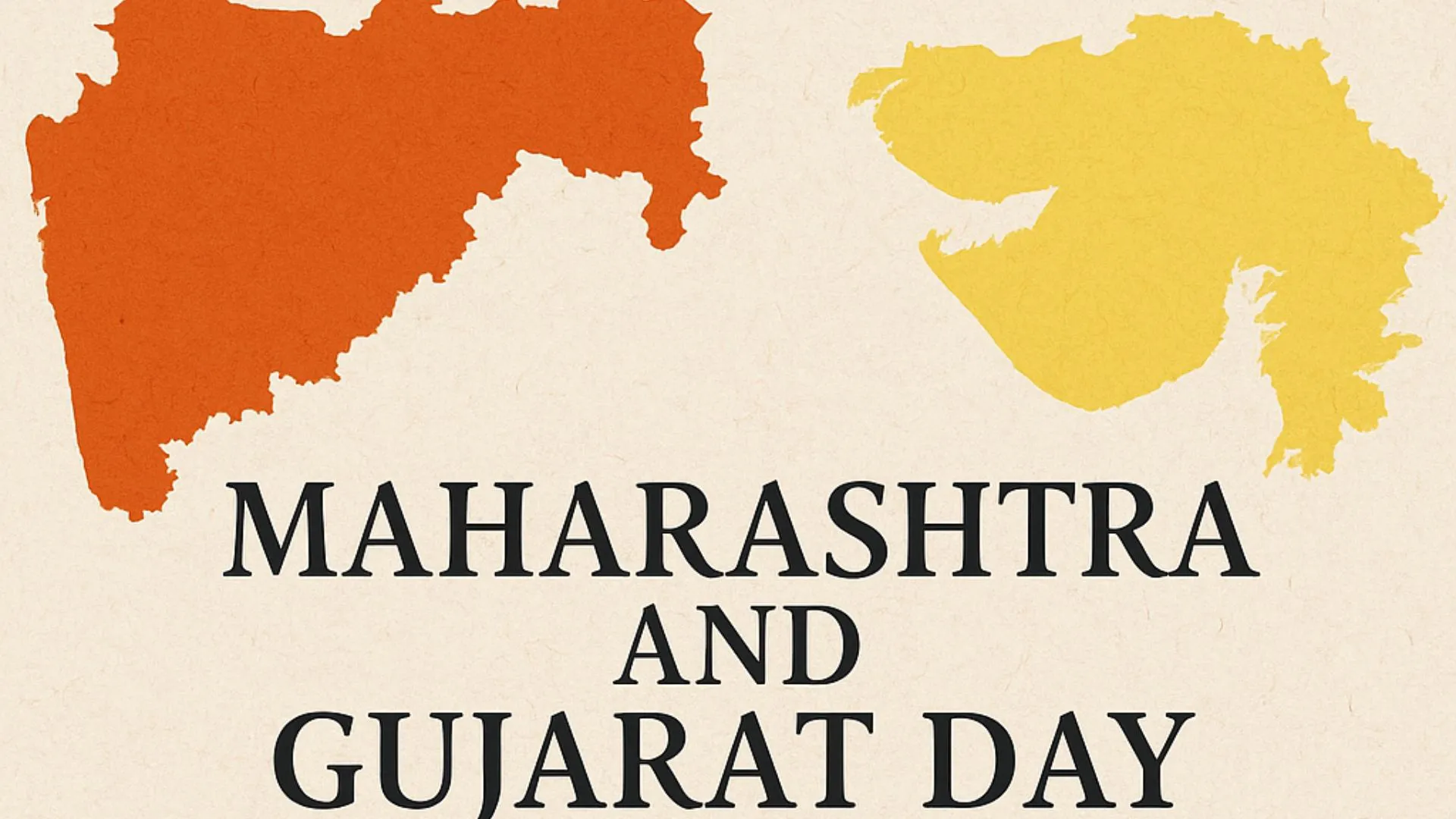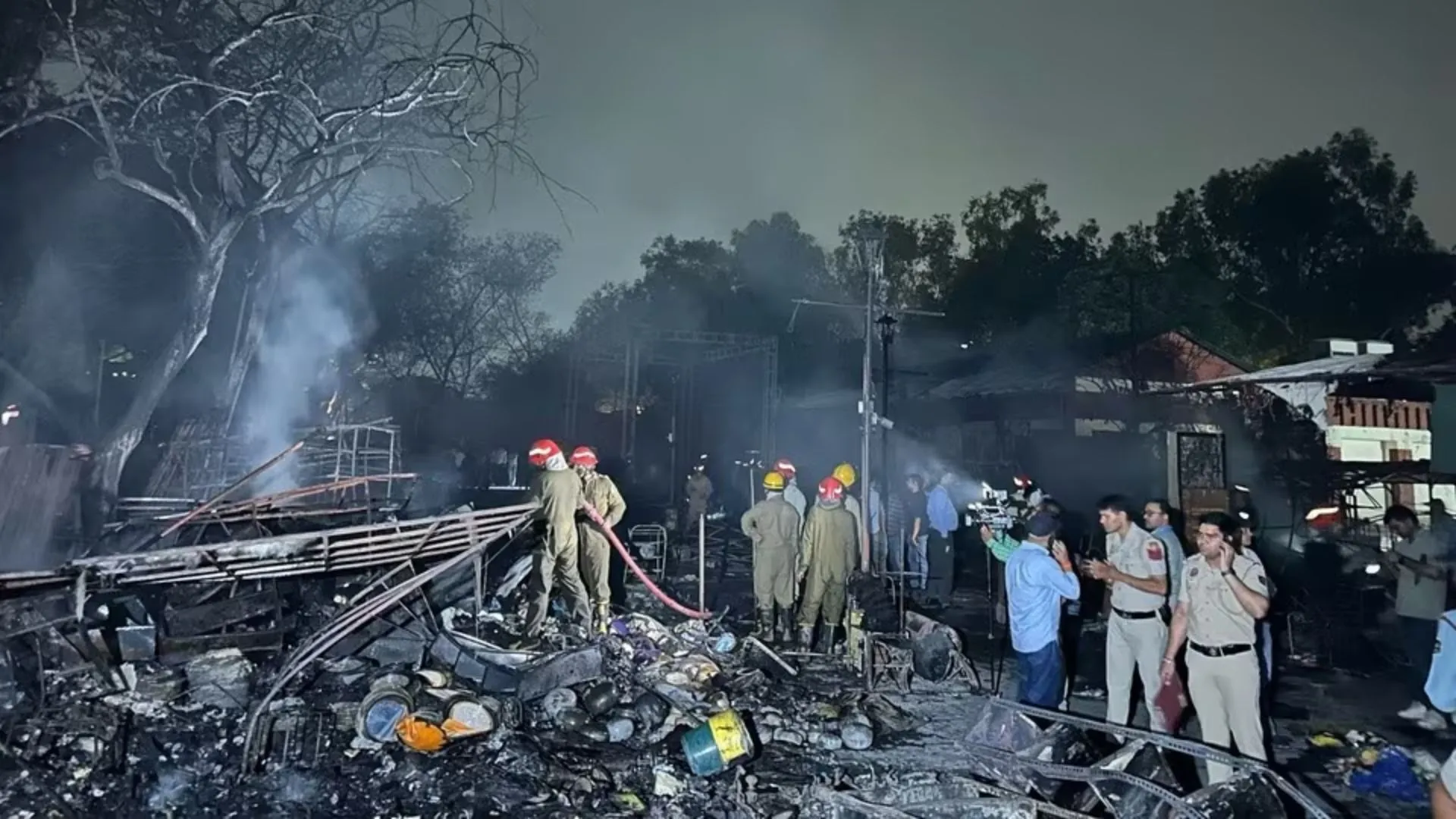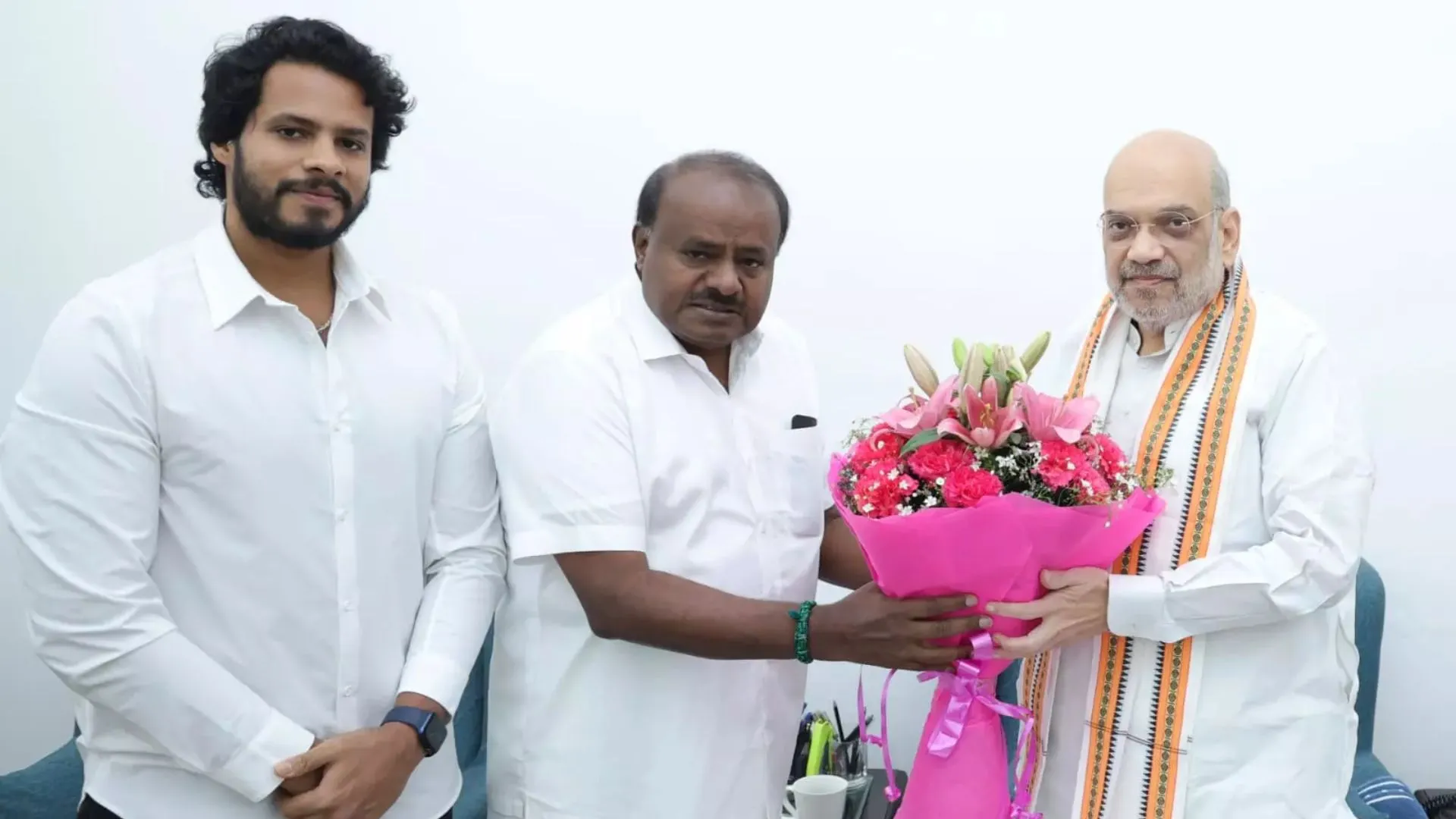In a significant step towards improving India-China relations, External Affairs Minister S. Jaishankar and his Chinese counterpart Wang Yi recently met on the sidelines of the G20 Summit in Rio de Janeiro. Their discussions, which focused on the next steps for bilateral ties, came just a month after India and China reached a historic agreement to disengage at two key friction points along the Line of Actual Control (LAC).
Disengagement Progress and Bilateral Cooperation
The meeting highlighted the progress made in the de-escalation of tensions at the Depsang Plains and Demchok—two of the most contentious areas along the LAC. Both countries had agreed to implement new patrolling arrangements on October 21, marking an important step in stabilizing the border. According to Jaishankar, this disengagement process, which includes de-escalation and de-induction of troops, is moving forward as planned.
Jaishankar emphasized that the diplomatic understanding reached in Kazan (Russia) during a meeting between Indian Prime Minister Narendra Modi and Chinese President Xi Jinping had been effectively implemented on the ground. “I am glad to note that the implementation of that understanding has proceeded as planned,” Jaishankar said.
Key Agreements and Areas of Focus
The discussions between the two foreign ministers covered a range of bilateral and global issues. One of the key outcomes was a shared commitment to enhancing cooperation on several fronts, including:
- Kailash Mansarovar Yatra Pilgrimage – Both sides agreed to resume the pilgrimage, a significant cultural and spiritual link between India and China.
- Data Sharing on Trans-Border Rivers – A move towards better cooperation in managing shared water resources, crucial for both nations’ sustainable development.
- Direct Flights Between India and China – Restoring direct air travel will facilitate business and tourism, improving people-to-people exchanges.
- Media Exchanges – Enhancing bilateral communication through media will help reduce misunderstandings and strengthen diplomatic ties.
Strengthening Multilateral Cooperation
The two ministers also discussed the evolving global situation and international issues. Jaishankar underscored India’s commitment to a multipolar world, emphasizing that India’s foreign policy is based on independent thought and action. He reaffirmed that India does not view its relationships through the lens of other countries, prioritizing its national interests and sovereignty.
Jaishankar and Wang agreed that India-China relations are increasingly important in the context of global geopolitics. Both countries have cooperated effectively within multilateral frameworks such as BRICS, SCO, and the G20. Despite ongoing differences, their shared interests in regional stability and economic growth provide a strong foundation for further collaboration.
Upcoming Diplomatic Engagements
Looking ahead, Jaishankar and Wang confirmed that discussions would continue with meetings of the Special Representatives and the Foreign Secretary-Vice Minister mechanisms taking place soon. These diplomatic engagements are designed to build on the progress made and address any remaining issues in the bilateral relationship.
Key Takeaways from the India-China Dialogue
- Disengagement: Progress on de-escalating border tensions and restoring peace along the LAC.
- Bilateral Cooperation: Areas of cooperation include the Kailash Mansarovar Yatra, direct flights, data sharing on rivers, and media exchanges.
- Multilateral Engagement: India and China’s constructive participation in forums like BRICS, SCO, and the G20.
- Future Diplomatic Initiatives: Upcoming meetings to solidify the next steps in India-China relations.
The ongoing dialogue between India and China marks a critical phase in their efforts to stabilize and strengthen bilateral ties. By focusing on cooperation and mutual interests while managing differences, both nations are laying the groundwork for a more peaceful and productive future. The successful disengagement along the LAC and the upcoming diplomatic meetings offer hope for continued progress in their complex relationship.



